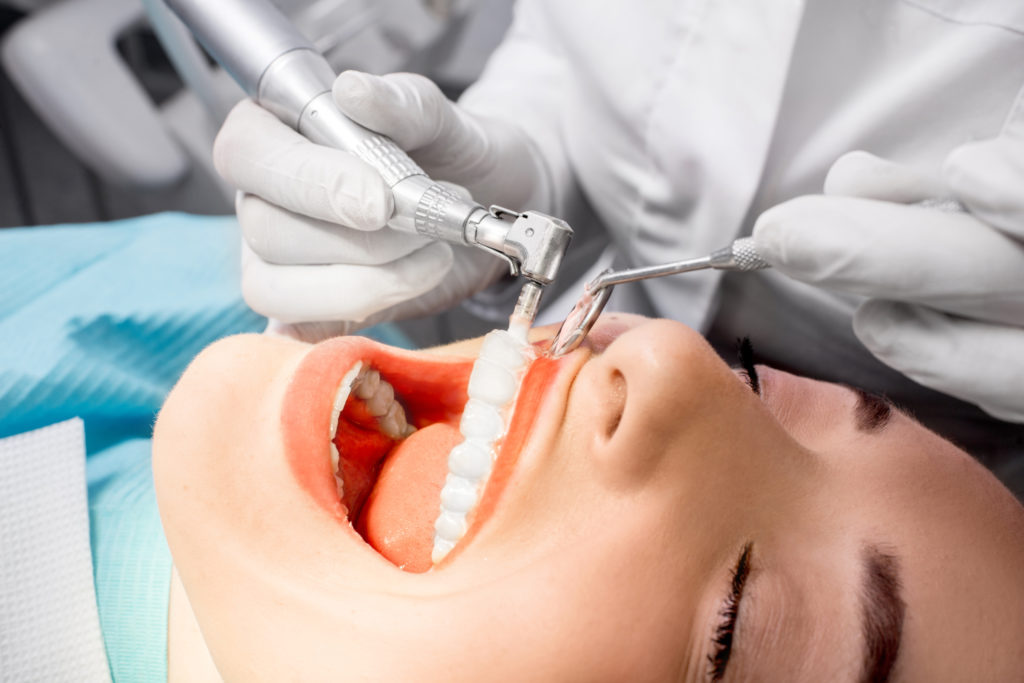If you have been diagnosed with some level of gum disease you are not alone. Most adults will develop gingivitis or some form of periodontal disease. Problems range from simple inflammation to severe damage to the teeth, supporting bone, and soft tissue. The worst cases of periodontal disease result in tooth loss.
Gum disease is a serious health issue. Research has shown that poor dental health can affect more than just your mouth. Whether the progression of gum disease stops, slows down or worsens, all depends on your oral care habits from this point on.
What is Periodontal Disease?
Human mouths are riddled with bacteria. These harmful critters, along with other particles and debris, form a sticky plaque that adheres to teeth. Regular brushing and flossing help control plaque accumulation. If this substance is not removed, it will harden and become bacteria-rich tartar, which requires professional removal.
If plaque and tartar are not removed, the gums will eventually become inflamed, swollen, and bleed easily. This condition is called gingivitis. This is an early stage of gum disease that can be easily reversed. The gingivitis cure is proper oral hygiene and professional cleanings.
Without
gingivitis treatment, this condition can worsen and advance to periodontitis. At this stage, pockets of infection form around teeth, causing the gum to pull away. Tissues and bone that hold teeth in place get broken down by bacteria. Teeth can become loose and need to be removed.
How Can Gum Disease Be Prevented?
There are some easy steps you can take every day to help prevent gingivitis and periodontal disease:
- Brush your teeth at least two times a day with a good fluoride toothpaste
- Floss at least once everyday
- Keep up with regular routine dental cleanings and check-ups
- Eat a well-balanced, healthy diet
- Stay away from tobacco products
What are the Signs of Gum Disease?
You might not know you have gum disease until the problem has advanced. Common signs include:
- Consistent bad breath
- Red, bleeding or inflamed gums, that are tender to the touch
- Pain or discomfort when chewing
- Loose teeth
- Teeth sensitivity
How is periodontal disease treated?
Periodontal disease treatment is designed to manage the infection. The level of gum disease will determine the type of and number of treatments needed. Regardless, proper oral hygiene habits will need to be practiced at home. In addition, certain behavior patterns will need to be adjusted, like quitting smoking.
Deep cleaning through scaling or root planing may be required to remove excess plaque. Scaling involves scraping away tartar buildup above and below gums. Root planing smooths rough areas on the root of a tooth where bacteria gather and contributes to periodontal disease.











